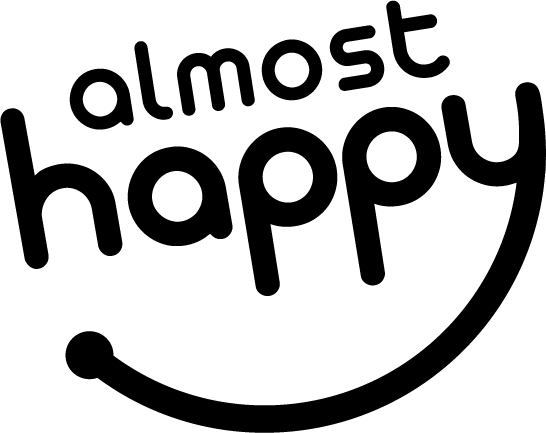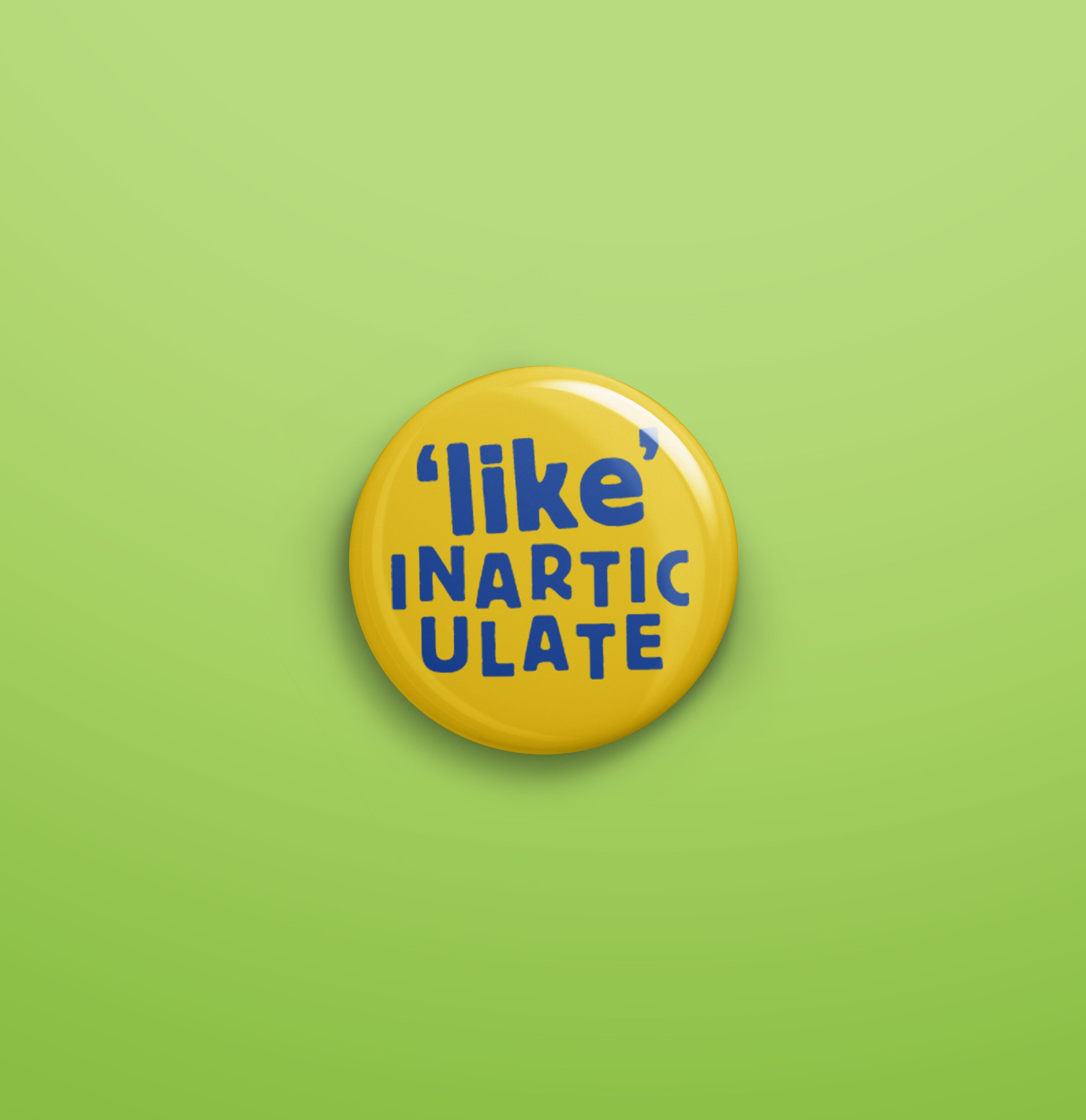Research into humor & humour has increased in the last 20 years. Herewith a list of books and articles sourced from various websites and libraries. Please feel free to send us other useful articles, updates, books and anything else related to the use of humor.
GENERAL
Apter, M. J. (1985). Humor and laughter: An anthropological approach. Ithaca, NY: Cornell University Press.
Aristotle's theory of humor. (2006). In J. E. Roeckelein (Ed.), Elsevier's dictionary of psychological theories. Oxford, UK: Elsevier Science & Technology.
Berger, A. A. (2013). Why we laugh and what makes us laugh: The enigma of humor. Europe's Journal of Psychology, 9(2).
Foot, H. Humour and Laughter in The Handbook of Communication Skills. Routledge 2006.
Frankl, V. E. (1984). Man's search for meaning. New York: Washington Square Press.
Hurley, M.; Dennet, D.; Adams, R. (2011) Inside Jokes: Using Humor to Reverse-Engineer the Mind (Massachusetts Institute of Technology)
Gervais, M. & Wilson D.S. The Evolution and Functions of Laughter and Humor: A Synthetic Approach in Quarterly Review of Biology, Vol. 80, No. 4; pages 395–430; December 2005.
Larkin-Galiñanes, C. (2017). An Overview of Humor Theory. In S. Attardo, (Ed.), The Routledge handbook of language and humor, 4-16.
McGhee, P. E. (Ed.). (1979). Humor: Its origin and development. San Francisco, CA: W.H. Freeman.
Provine, R. Laughing, Tickling, and the Evolution of Speech and Self. in Current Directions in Psychological Science, Vol. 13, No. 6, pages 215–218; December 2004.
Ruch, W., & Farabosco, G. (1996). A cross-cultural study of humor appreciation: Italy and Germany. Humor: International Journal of Humor Research, 9(1), 1–18.
Tonglin, J. & Hao, L.& Yubo Cultural Differences in Humor Perception, usage and Implications in Frontiers in Psychology (2019). 2019.
Young, L.J. & Slater, M. Self-Deprecating Humor Versus Other-Deprecating Humor in Health Messages in Journal of Health Communication. 2015.
THE WORKPLACE
Avolio, B.J. A funny thing happened on the way to the bottom line in Academy of aManagement Journal Vol 42, 1999.
Beckman H, Regier N, Young J. Effect of workplace laughter groups on personal efficacy beliefs. J Primary Prevent. 2007;28:167-182.
Cann, A. Positive and Negative Styles of Humor in Communication in Communication Quarterly. Vol 57, No 4, October 2009.
Kurtz LE, Algoe SB. When sharing a laugh means sharing more: testing the role of shared laughter on short-term interpersonal consequences. J Nonverbal Behav. 2016;41(1):45-65.
Kurtzberg, T. Humor as a relationship building tool in online deal making in International Journal of Conflict Management, 2009
Lefcourt, H. M. (2001). Humor: The psychology of living buoyantly. New York, NY: Kluwer Academic.
Lefcourt, H. M., & Martin, R. A. (1986). Humor and life stress: Antidote to adversity. New York, NY: Springer-Verlag.
McMaster, R. A Dash of Humor Ups Performance and Creativity at Work in Brain Based Biz, September 2008.
Martin, R. A. (1989). Humor and the mastery of living: Using humor to cope with the daily stresses of growing up. In P. E. McGhee (Ed.)
Mesmer-Magnus, J. & Viswesvaran,. V. A meta-analysis of positive humor in the workplace in Journal of Managerial Psychology. 2012
Sala, F. Laughing All the Way to the Bank in Harvard Business Review, F0309A.
Talbot, L. On the association between humor and burnout in International Journal of Humor Research, 2009
Wanzer, M. An Explanation of the Relationship between Instructor Humor and Student Learning in Communication Education Vol. 59, January 2010.
PHYSICAL HEALTH
Bains G, Berk L, Lohman E, Daher N, Miranda B. Decrease in inflammation (CRP) and heart rate through mirthful laughter. FASEB J. 2017;31(1)(suppl):697.7.
Bennett MP, Zeller JM, Rosenberg L, McCann J. The effect of mirthful laughter on stress and natural killer cell activity in Altern Ther Health Med. 2003;9(2):38-45.
Bennett MP, Lengacher C. Humor and laughter may influence health IV. Humor and immune function. Evid Based Complement Alternat Med. 2009;6(2):159-164.
Bennett PN, Parsons T, Ben-Moshe R, et al. Laughter and humor therapy in dialysis. Semin Dial. 2014;27(5):488-493.
Berk LS, Felten DL, Tan SA, Bittman BB, Westengard J. Modulation of neuroimmune parameters during the eustress of humor-associated mirthful laughter in Altern Ther Health Med. 2001;7(2):62-72, 74-76.
Berk LS, Tan SA, Fry WF, et al. Neuroendocrine and stress hormone changes during mirthful laughter. Am J Med Sci. 1989;298(6):390-396.
Christie W, Moore C. The impact of humor on patients with cancer. Clin J Oncol Nurs. 2005;9(2):211-218.
LaPierre, Stephanie S.; Baker, Brett D.; Tanaka, Hirfumi Effects of Mirthful Laughter on Pain tolerance: A randomized controlled investigation in Journal of Bodywork and Movement Therapies 23/4 (Oct. 2019). 2019.
Miller M, Fry WF. The effect of mirthful laughter on the human cardiovascular system. Med Hypotheses. 2009;73(5):636-639.
Pinna, M. The Use of Humor in Palliative Care: A Systemic Literature Review in American Journal of Hospice and Palliative Care 35/10; 2018.
Savage BM, Lujan HL, Thipparthi RR, DiCarlo SE. Humor, laughter, learning, and health! A brief review. Adv Physiol Educ. 2017;41(3):341-347.
Strean WB. Laughter prescription. Can Fam Physician. 2009;55(10):965-967.
Wilkins, J. Humor Theories and the Physiological Benefits of Laughter in Holistic Nursing Practice, December 2009.
Voss, M. Effect of humor training on stress, cheerfulness and depression in patients with coronary artery disease and refractory angina pectoris Herz 2019.
PSYCHOLOGY AND PSYCHOTHERAPY
Bengesser, G. (1998). The lacking sense of humor in some psychopaths in G. Roux & M. Laharie (Eds.), L’ Humor. Histoire, culture et psychologie (pp. 245–247). Paris: SIPE.
Bergen, D. (2003). Humor, play, and child development in A.J. Klein (Ed.), Humor in children’s lives: A guidebook for practitioners (pp. 17–32). Westport, CT: Praeger.
Borchard, T. J. (2018). Laugh When You're Afraid. Psych Central.
Buxman, K. (1991) Humor in therapy for the mentally ill in Journal of Psychosocial Nursing and Mental Health Services, 29(12), 15-18.
Cheng D, Wang L. Examining the energizing effects of humor: the influence of humor on persistence behavior. J Bus Psychol. 2015;30(4):759-772.
Freud, S. (1928). Humour. International Journal of Psychoanalysis, 9, 1–6.
Gelkopf, M., & Kreitler, S. (1996). Is humor only fun, an alternative cure or magic: The cognitive therapeutic potential of humor in Journal of Cognitive Psychotherapy, 10, 235–254.
Gelkopf, M., Gonen, B., Kurs, R., Melamed, Y. (2006). The effect of humorous movies on inpatients with chronic schizophrenia. The Journal of Nervous and Mental Disease, 194 (11), 880-883.
Goldin, E., & Bordan, T. (1999). The Use of Humor in Counseling: The Laughing Cure in Journal of Counseling & Development, 77(4), 405–10.
Jakab, I. (1998a). Humor and psychoanalysis in G. Roux & M. Laharie (Eds.), L’ Humor. Histoire, culture et psychologie [Humour. History, culture and psychology] (pp. 15–22). Paris: SIPE.
Killinger, B. (1987). Humor in psychotherapy: A shift to a new perspective. In W. F. Fry & W. A. Salameh (Eds.), Handbook of humor and psychotherapy: Advances in the clinical use of humor (pp. 21–40). Sarasota, FL: Professional Resource Exchange.
Kuhlman, T. L. (1984). Humor and psychotherapy. Homewood, IL: Dow Jones-Irwin Dorsey Professional Books.
Martin R.A. (2007) Psychology of humor: An integrative approach. Burlington, MA: Elsevier
Martin, R. A. (1998) Sense of humor and psychological health. In W. Ruch (Ed.), The sense of humor: Explorations of a personality characteristic.
McGraw, P. et al. Too Close for Comfort, or Too Far to Care? Finding Humor in Distant Tragedies and Close Mishaps in Psychological Science, Vol. 23, No. 10; pages 1215–1223; October 2012.
Nagy, J. (1998). Anxiety, depression and humor in G. Roux & M. Laharie (Eds.), L’ Humor. Histoire, culture et psychologie (pp. 255–257). Paris: SIPE.
Nasr. S. J. (2013). No laughing matter: Laughter is good psychiatric medicine. Current Psychiatry, 12(8), 20-25.
Panichelli, C. Humor Associated with Positive Outcomes in individual Psychotherapy in American Journal of Psychotherapy 71/3 (2018). 2018.
Pierce, R. A. (1994). Use and abuse of laughter in psychotherapy. In H. S. Strean (Ed.), The use of humor in psychotherapy (pp. 105–111). Northvale, NJ: Jason Aronson.
Rosenheim, E., & Golan, G. (1986). Patient's reactions to humorous interventions in psychotherapy. American Journal of Psychotherapy, 40(1), 110–124.
Rosenheim, E., Tecucianu, E., & Dimitrovsky, L. (1989). Schizophrenics’ appreciation of humorous therapeutic interventions. Humor: International Journal of Humor Research, 2(2), 141–152.
Wellenzohn S, Proyer RT, Ruch W. Who benefits from humor-based positive psychology interventions? Front Psychol. 2018;9:821.
Yim, J. Therapeutic Benefits of Laughter in Mental Health: A Theoretical Review in The Tohoku Journal of Experimental Medicine 239/3 (2016). 2016.
Ziv, A. (1984). Personality and sense of humor. New York, NY: Springer.
CREATIVE THERAPIES
Biederman, A. The neural correlates of humor creativity. Front Hum Neurosci. 2016;10:597.
Ghavas, S. Sense of humor as predictor of creativity level in University undergraduates in Journal of Behavioural Sciences. 2013.
Kopytin, A. & Lebedev A. Therapeutic functions of humour in group art therapy with war veterans
Landoni, A.M. A Laughing Matter: Transforming Trauma Through Therapeutic Humor and Expressive Arts Therapy Lesley University
Ma, M. The power of humor in ideation and creativity.
Yorton, L. T. Yes, And: How Improvisation Reverses “No, But” Thinking and Improves Creativity and Collaboration. New York, NY: HarperCollins; 2015.
Please note: We have not checked the accuracy of every reference or paper but this gives the feel of the range of articles and interests in the field. Google and Google Scholar is your friend!


